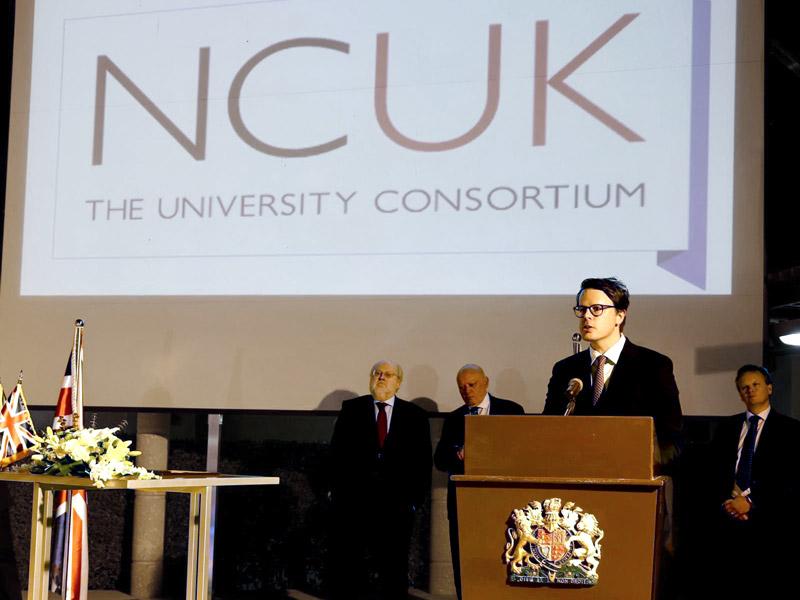NCUK has long held a mission to bring together people from different backgrounds on university campuses through its network of university partners and pathway qualifications. The organisation’s first pathway programmes were established in 1987 by a consortium of universities, with the purpose of broadening access to higher education for international students. “We were a very early entrant into the pathway market, and we have a deep and unique perspective on the value of pathway routes,” explains NCUK CEO Stuart Smith. “Pathway education is critical in supporting the diversity of international higher education.”
NCUK has released a report, co-authored with management consultants Nous, titled the Power and Impact of International Pathways. The report describes pathways as a route for students who need further academic or language support, or as a bridge between local qualifications and destination countries’ education systems. For example, students might have completed 12 rather than 13 years of secondary education in some countries. “NCUK supports students of all abilities, empowering each student to achieve their university ambitions,” Smith says.
NCUK works with university partners to set clear and transparent entry requirements for students to join their pathway programmes, so that the content and structure of programmes give them the best chance of success once at university. Quality assurance processes ensure that qualifications awarded are robust and offer high-quality learning experiences.
“The quality of students entering our pathway programmes is critical to their potential to progress,” Smith adds. “We have established entry requirements from over 150 international qualifications and the content and delivery of our curricula recognises the diverse learning and teaching needs of international students. We are proud of our pathway routes, providing a bridge for international students to gain a university experience in any of the top global study destinations, and sparking the start of a journey of transformation.”
NCUK’s in-country pathway offering helps to accommodate more students from diverse backgrounds and educational systems into international university study. NCUK qualifications are taught at over 120 schools, colleges and universities in more than 40 countries. “This means our students can choose to study closer to home initially if they wish. This is an important part of our offer, considering the multiple political and economic factors – such as cost of living – that are currently driving changing student demand. Equity of access to international higher education is an important driver for us,” Smith explains. Pathways support universities’ diversification goals and, in 2023, NCUK placed students from 77 different nationalities with its university partners.
To demonstrate the value of its pathway routes, NCUK is now embarking on a project to gather and analyse data on its students’ outcomes. Ninety-five per cent of international year-one students passed their course, and 89 per cent of those who graduated from university partners in 2020/21 achieved a 2:1 or above. “We are proud of the success of our amazing NCUK students. Let’s continue to celebrate the power and impact of the role that pathway routes play in transforming lives through education,” Smith says.


comment